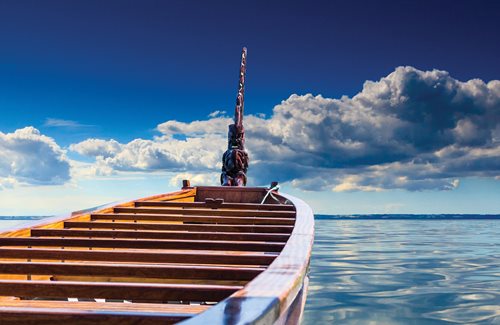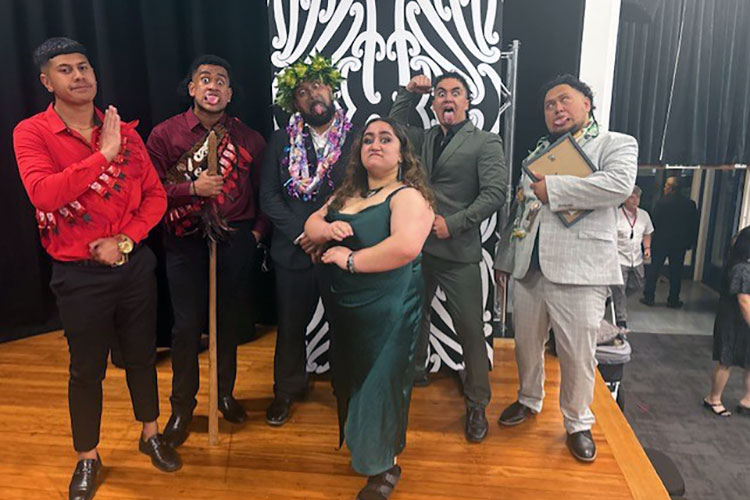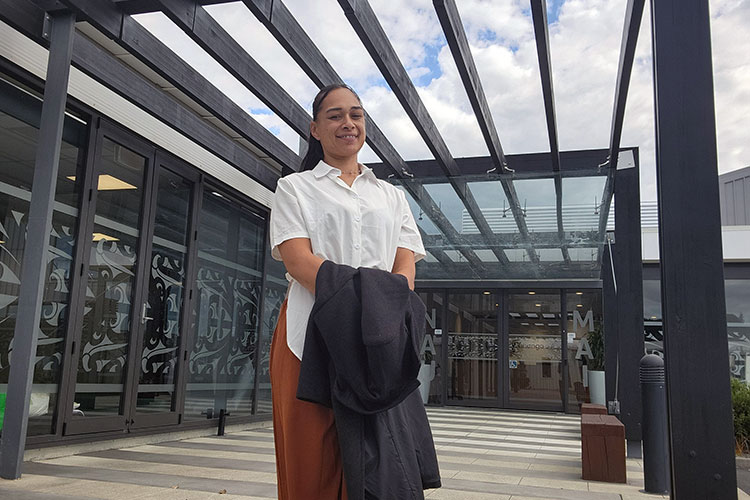The first Masters programme offered by Te Wānanga o Aotearoa is proving so popular it has already expanded once and is likely to do so again.
He Waka Hiringa – Master of Applied Indigenous Knowledge – was initially offered only at Mangakōtukutuku campus but due to its popularity, it is now offered at Māngere as well.
However, with more than 100 potential tauira still on the waiting list, kaiako Dr Hohepa Tamehana is hoping the programme can next be offered in Wellington or Palmerston North, to cater for the lower North and South Island.
“We want to open more streams but we have to get it right first,” he says.
“We expanded to Māngere to cope with some of the waiting list but they ended up with their own waiting list.”
The two-year applied master’s degree offers tauira the opportunity to enhance their education and practice and to contribute to a community project.
Hohepa says the levels of experience needed to be accepted onto the programme cannot be underestimated.
“With this masters, to get in you have to have practice that is guided by Māori or indigenous principles and values,” he says.
“You can get on with practice and no degree but not with a degree and no practice. It acknowledges the experience of the practitioner.”
He says the programme is proving increasingly popular because “it gives us the right to sit in the academic space and to challenge in that space. It places our lived experiences and principles at the forefront.”
It also enables tauira who have vast experience but no formal qualifications to achieve a higher degree.
“Many of our tauira left school with no qualifications or were quite afraid of academia,” Hohepa says.
The programme involves tauira identifying, researching and carrying out a community project, along with completing a 20,000-word exegesis.
That means their knowledge is being applied in the community - which can mean more than whānau, hapu and iwi – and Hohepa says the focus is not to find out what we are doing wrong.
“We are not identifying problems and fixing them. We look at what you do and rangahau how to do that better.”
Hohepa says the key difference between He Waka Hiringa and a traditional masters degree is the necessity of tauira to be experienced in their subject area.
“With a usual masters, you can study anything you want and don’t need any experience in that field. We don’t do that.”
Tauira are placed into one of three streams, depending on their specialisation, and carry out their rangahau and community project from home while also attending noho each year.
Tauira include teachers, health practitioners, social workers, environmentalists, carvers, weavers, kai kōrero, and kaikaranga, among others, and Hohepa says it is likely many will go on to complete a PhD, but they will also continue to work in their communities and to share their knowledge.
“Our rangahau is about sharing knowledge, not gathering knowledge.”




































